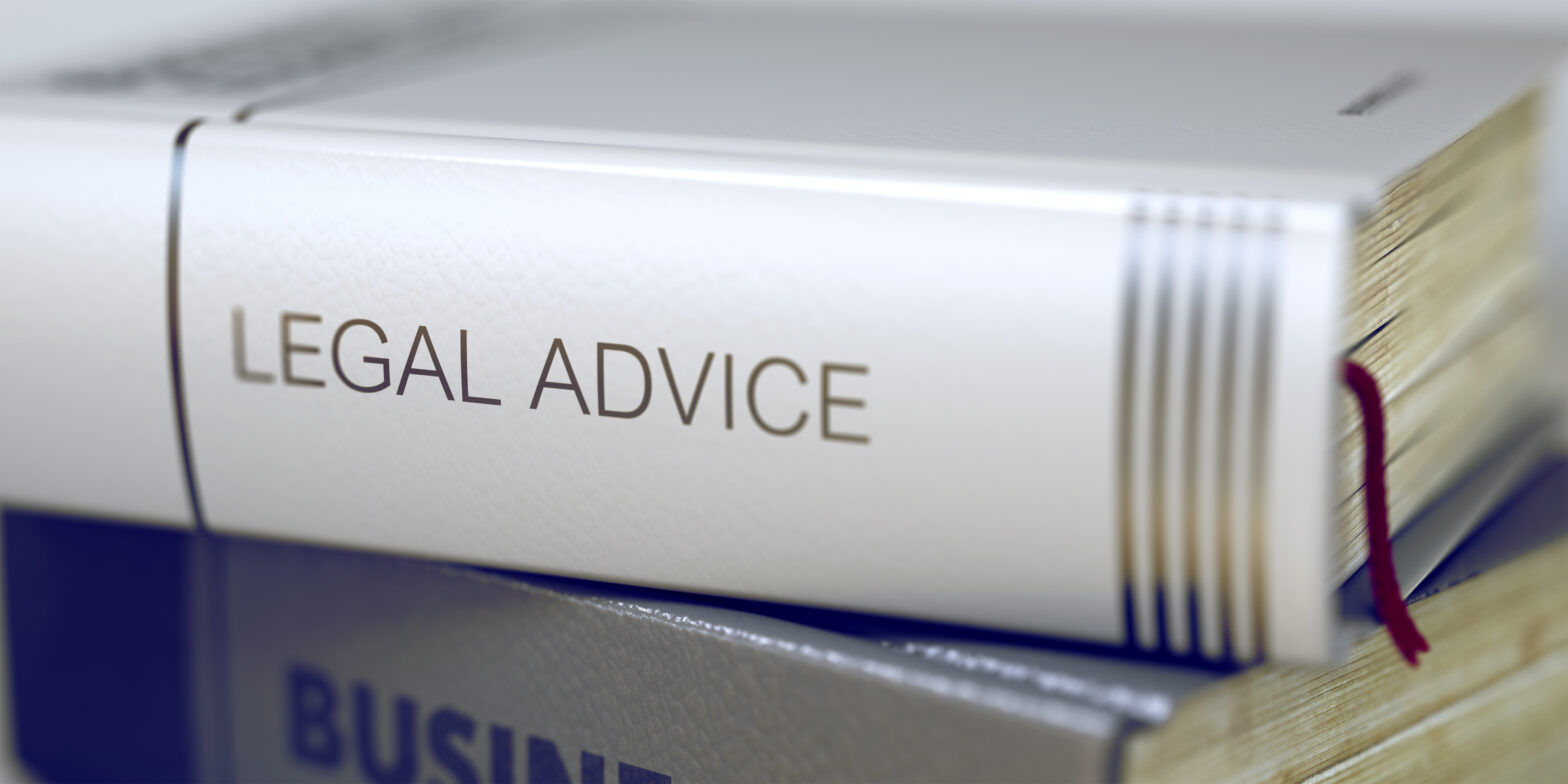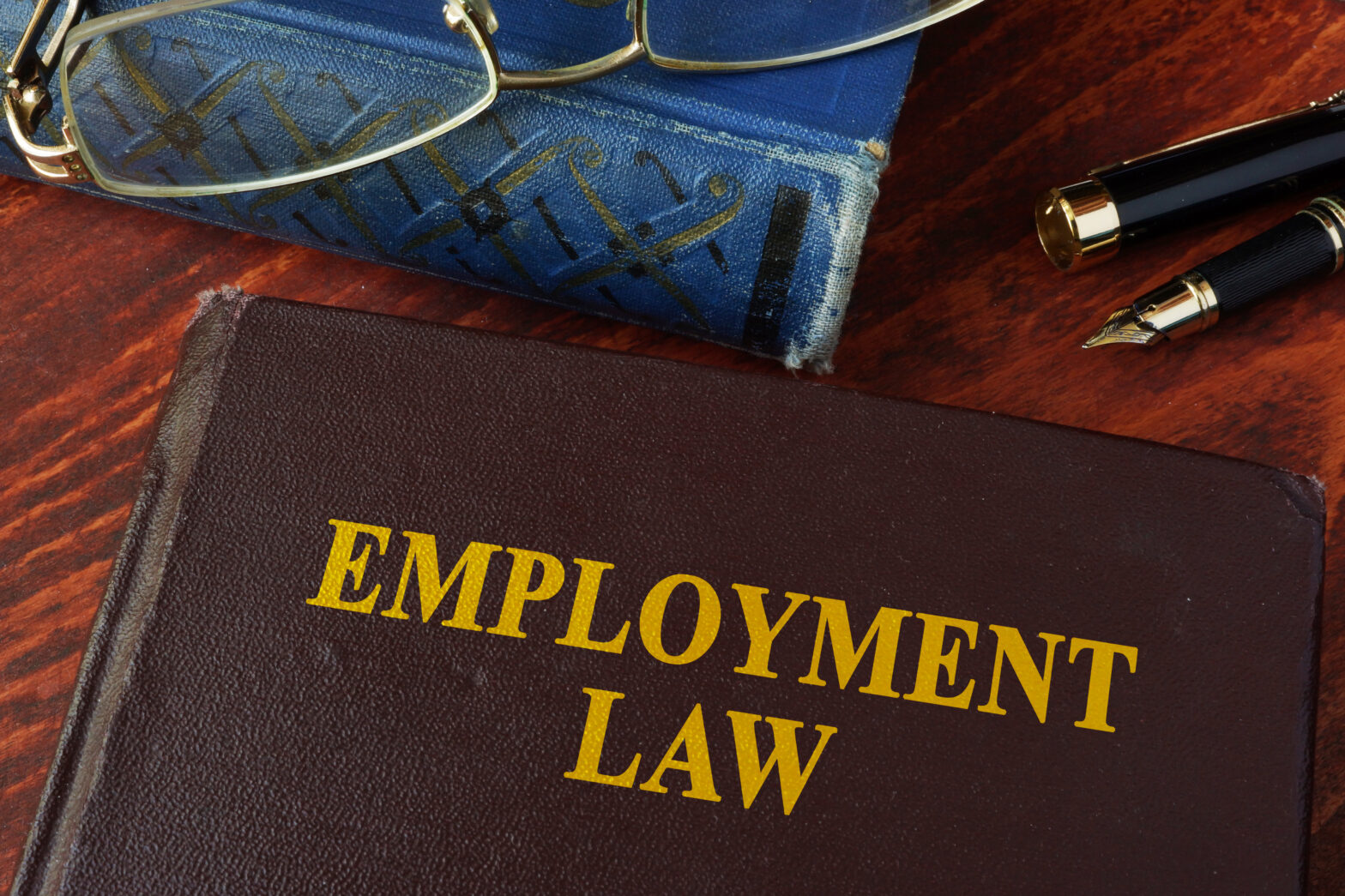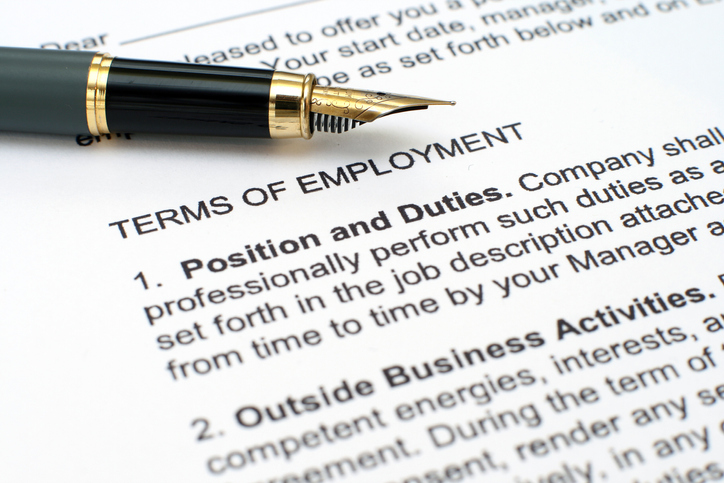As a small business owner, you’re bound to spend a lot of time focusing on the protection of your consumers – but if you want your company to succeed in the long run, you need to devote just as much of your energy towards ensuring your business is protected, too. There is a dizzying amount of small business legal protection you can deploy to protect your company, and the options you explore will vary greatly depending on a wide range of variables. But no matter what type of industry you’re operating in, chances are you’ll benefit from these top three:
Company formation
One of the quickest and easiest ways to land your business new legal protections is to legally incorporate as a limited company through Companies House.
A limited company is a business that exists as a distinct legal entity from its owners. That means your personal finances are protected by what’s called a ‘limited liability’ – and so if your business ends up in debt, you cannot be held responsible for paying any debts beyond the value of your shares in that company.
Forming a company is also a smart way to reserve a company name for future use if you’d like to start a business later, but aren’t quite ready to start trading yet.
The fastest and most popular way to form a limited company is to use an approved Companies House eFiling partner and company formation agent like Quality Formations – which can help you to register your company in as little as three hours. You can also register directly with Companies House via their website or post, although this can take up to ten days.
Copyright protection
One of the most basic legal defences you need to know about is copyright protection. This stops others from using your creative works without permission, and it applies to everything from photography to web content, sound recordings and the design layouts.
The best part of copyright protection? You don’t have to apply or pay a fee. You don’t even need to mark your work with a copyright symbol. UK Law automatically protects everything from the point at which they’re created. If you can prove you’re the one who created something and show when you made it, it’s your legal property.
Apply for a patent
Do you plan on creating something one-of-a-kind? You can apply to the UK Government to use a patent to protect your company inventions. Patents give you the right to take legal action against anybody who makes, uses or sells your invention without permission. They’re a lot more clear-cut than copyright protections, but are a bit more time-consuming and expensive to get.
You can launch the patent application process and learn more about regulatory requirements online through the Intellectual Property Office.
This list is by no means exhaustive. There are a range of protections your company should explore. But by legally incorporating a company, taking advantage of copyright protection and pursuing patents where appropriate, you’re giving your business the best possible start.





